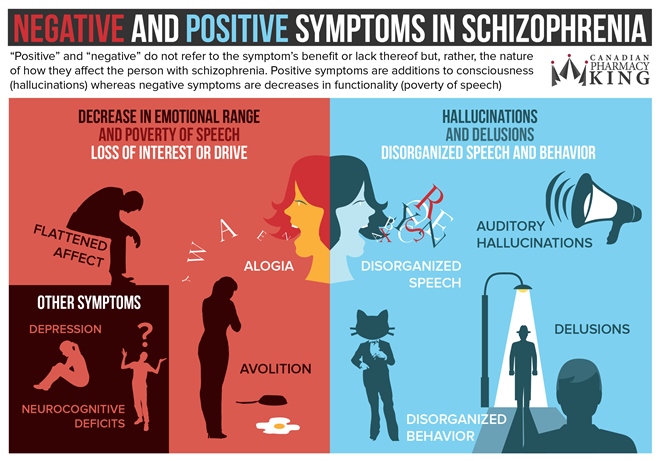Research conducted by the National Institute of Health show a correlation between dysregulated expression in a suspect gene complex and a disorder in cellular response to estrogen and progesterone. Researchers have discovered possible molecular mechanisms that may determine a woman's susceptibility to severe irritability, sadness and anxiety leading up to her menstrual period. These symptoms can be classified under PMDD(premenstrual dysphoric disorder), a severe chronic disorder that affects two to five percent of women both physically and mentally. This establishes that women with PMDD have a profound difference in their molecular apparatus for response to sex hormones than a woman without PMDD. This supports the argument that PMDD symptoms are not just "emotional behaviors" women should be able to control. There is a clear cut genetic difference between women with and without PMDD.
In women with PMDD, researchers found turning off estrogen and progesterone eliminated PMDD symptoms, while experimentally adding back the hormones triggered the re-emergence of symptoms. This confirmed that they had a biologically-based behavioral sensitivity to the hormones that might be reflected in molecular differences detectable in their cells. This gives plausible evidence that abnormal signaling in cells is responsible for their abnormal behavior, and sensitivity to estrogen and progesterone.


